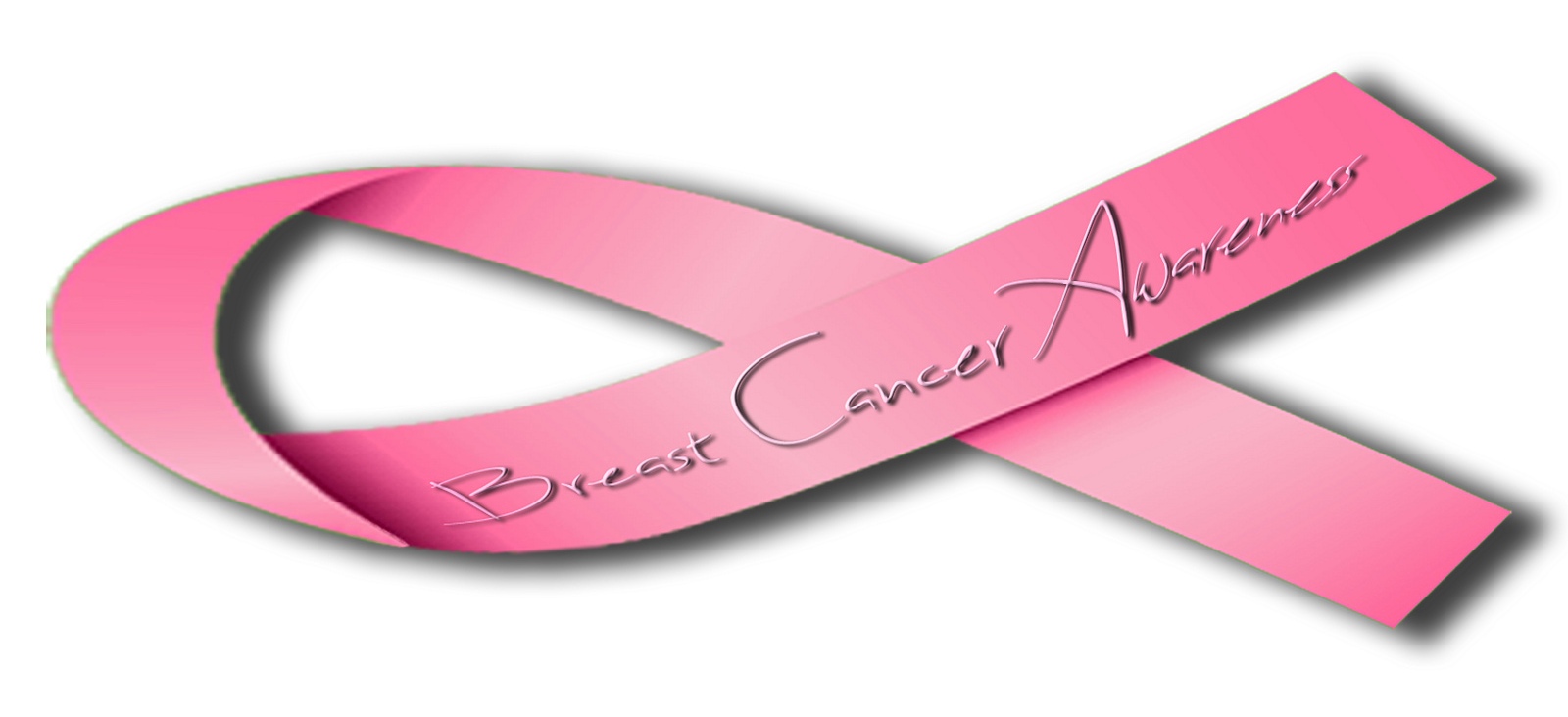Breast Cancer and Oral Contraceptive
Oral Contraceptive Use and Breast Cancer: A Prospective Study of Young Women
Previous studies convincingly showed an increase in risk of breast cancer associated
with current or recent use of oral contraceptives from the 1960s to 1980s. The relation
of contemporary oral contraceptive formulations to breast cancer risk is less clear.
Methods: We assessed lifetime oral contraceptive use Find out more →
Use of Oral Contraceptives and Breast Cancer Risk: The Norwegian- Swedish Women’s
Lifestyle and Health Cohort Study
Current use of oral contraceptives (OCs) has been reported to increase breast cancer
risk slightly. In 1991/ 1992, a prospective cohort study specifically designed to
examine the role of hormonal contraceptives in relation to breast cancer was conducted
in Norway and Sweden. This study was entitled Women’s Lifestyle and Health.Find out more →
